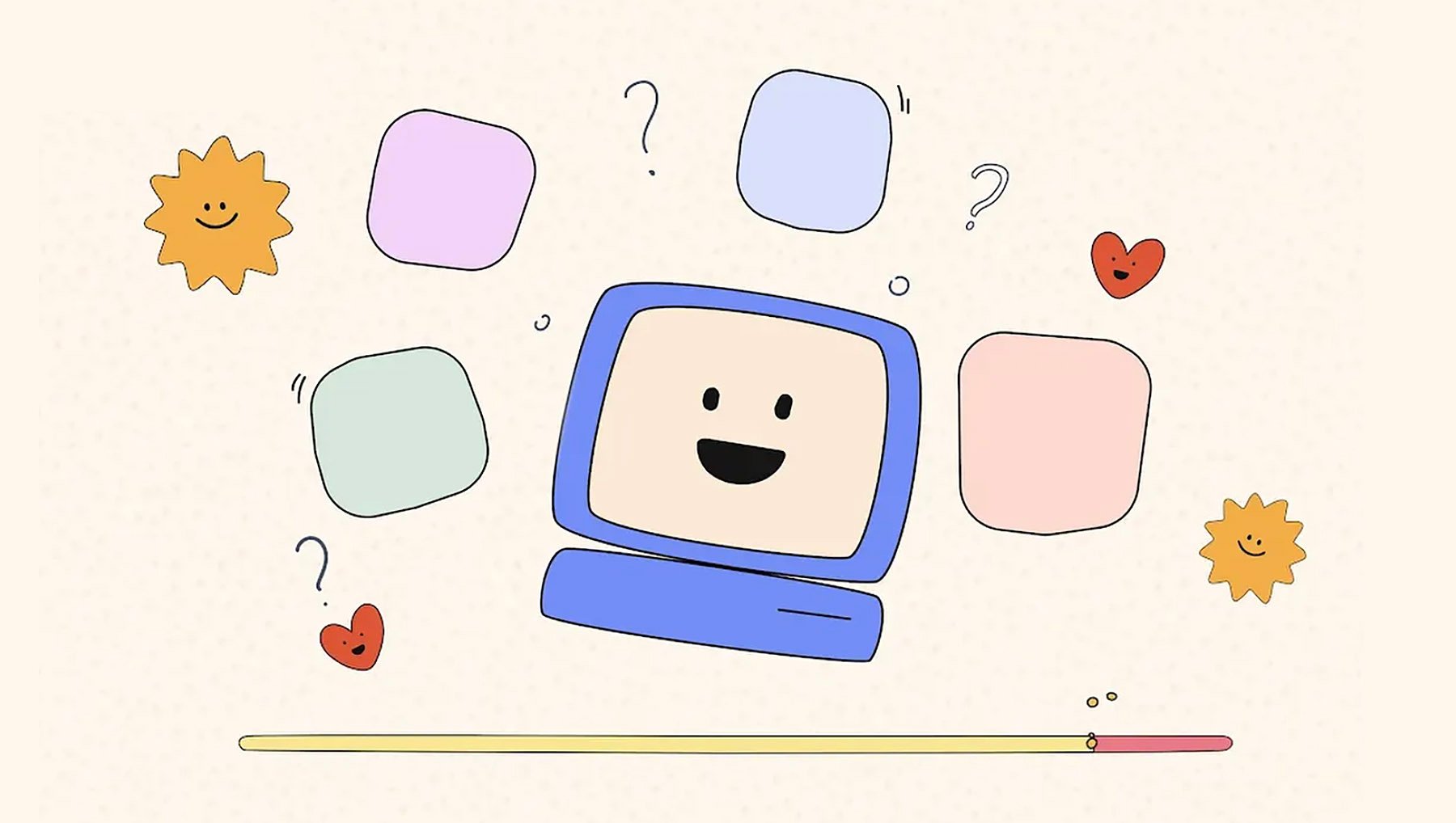
More than a year on from DALL-E 2’s mainstream success, the propagation of A.I.-generated images is a reality and no longer a hypothetical. Despite the existential handwringing their advent has prompted, these models are in their infancy and, as such, remain plagued by visual hiccups and inaccuracies.
Time then, perhaps, to learn how to discern algorithmically generated images from human-made ones.
A game released by Google on May 3 helps humans hone this very skill. Odd One Out presents players with four images, one of which has been generated by Google A.I. Players begin with four lives and the game gets incrementally faster the longer it goes on. Categories include cats, cars, candles, and countless more.
While Odd One Out confirms the alarming speed at which A.I. image generators have progressed—and many of the A.I. images appear indistinguishable from the paintings, photographs, and antiques sourced from the Google Arts and Culture collectio—the A.I. has a few giveaway tics.
Photo: Screenshot of Odd One Out.
Start with the background. Those that appear overly smooth and perfect (pure black or white) or are presented within a frame tend to be A.I.-generated. Sometimes the A.I. images have blemishes or conspicuous lighting, but generally it’s their ordinariness among the group that makes them stand out. Last, Google A.I. seems to have a taste for images that appear like patchwork or old prints.
Odd One Out has been created by Caroline Buttet and Emmanuel Durgoni, two artists in residence at the Google Arts & Culture Lab. They pair has also released three other experiments: XYZ Toy, a word guessing game; Un-Dough!, a monument guessing game; and Haiku Imagined, which visualizes poems with A.I.-generated fonts, video, and music.
Photo: Screenshot of Odd One Out.
“Our artist residency program has been running since 2014 and supports artists and creative coders experimenting with emerging technologies to solve a cultural challenge,” Google Arts & Culture said in a statement. “The starting point for these new experiments was applications of Google A.I. Image Generation Research to inspire cultural discovery and learning through play.
Google has released a string of A.I. related products in recent months, albeit more cautiously than its technology competitors. This includes several generating text functions from within its A.I. Test Kitchen app and Bard, an A.I. chatbot similar to OpenAI’s ChatGPT.
More Trending Stories: